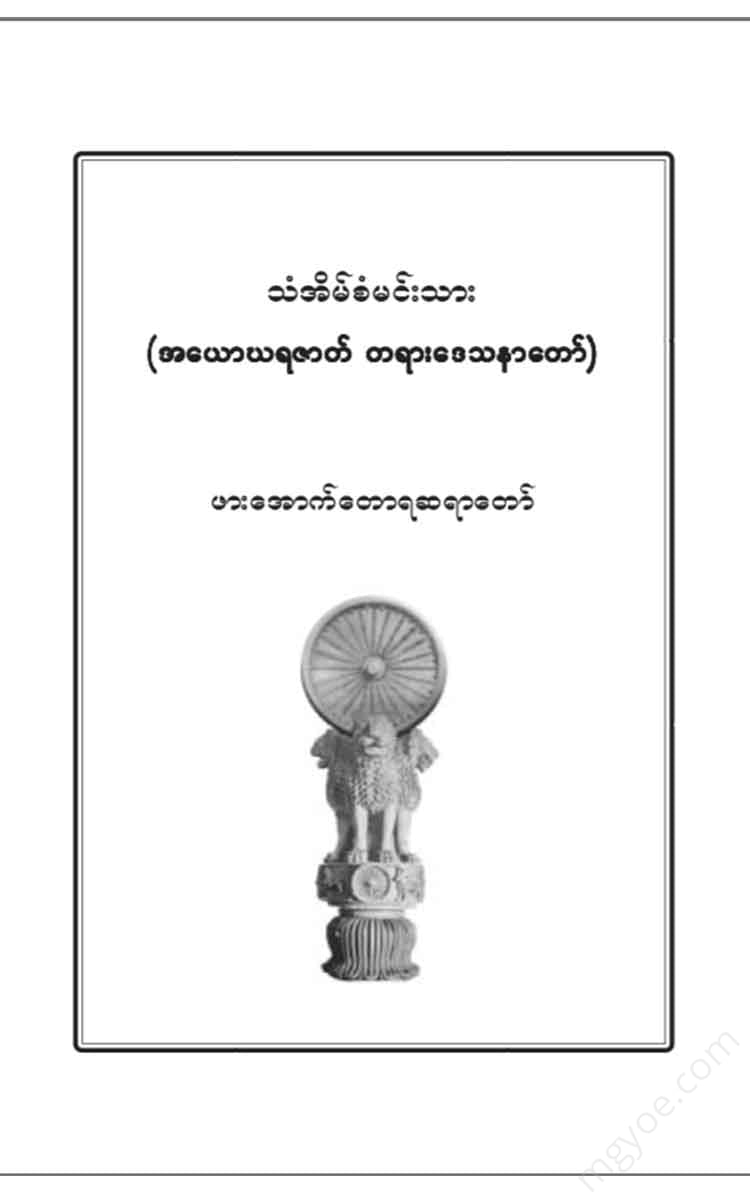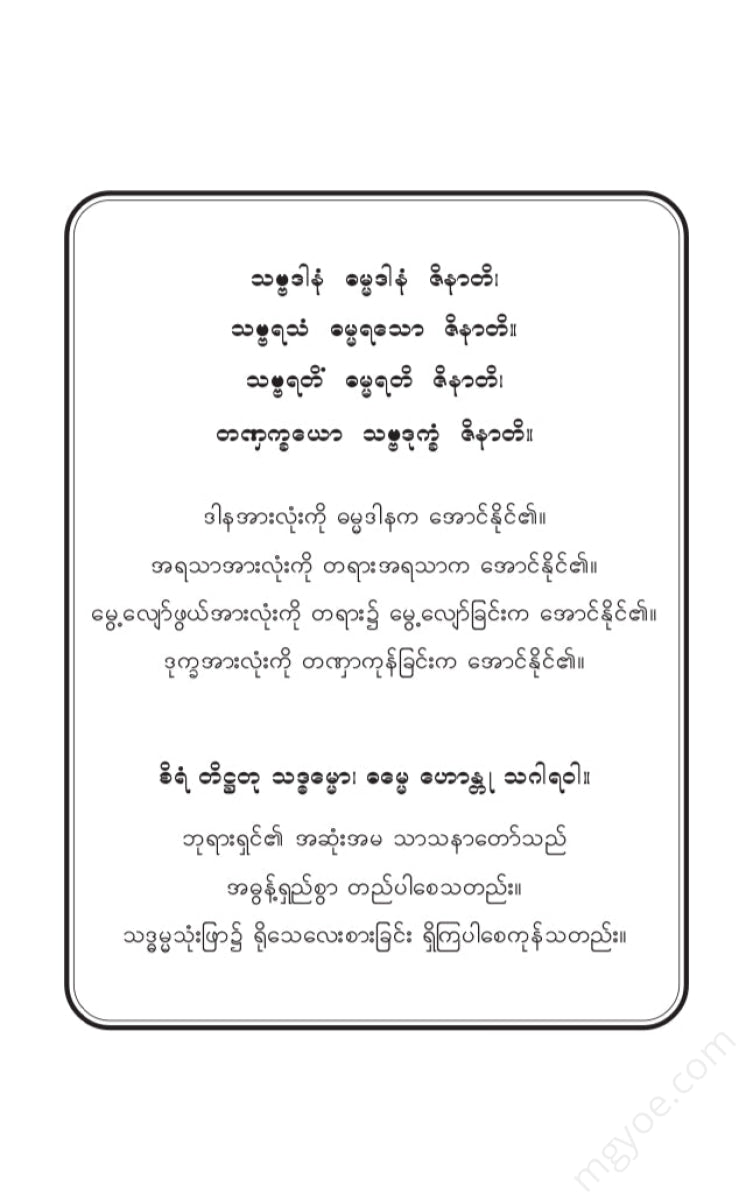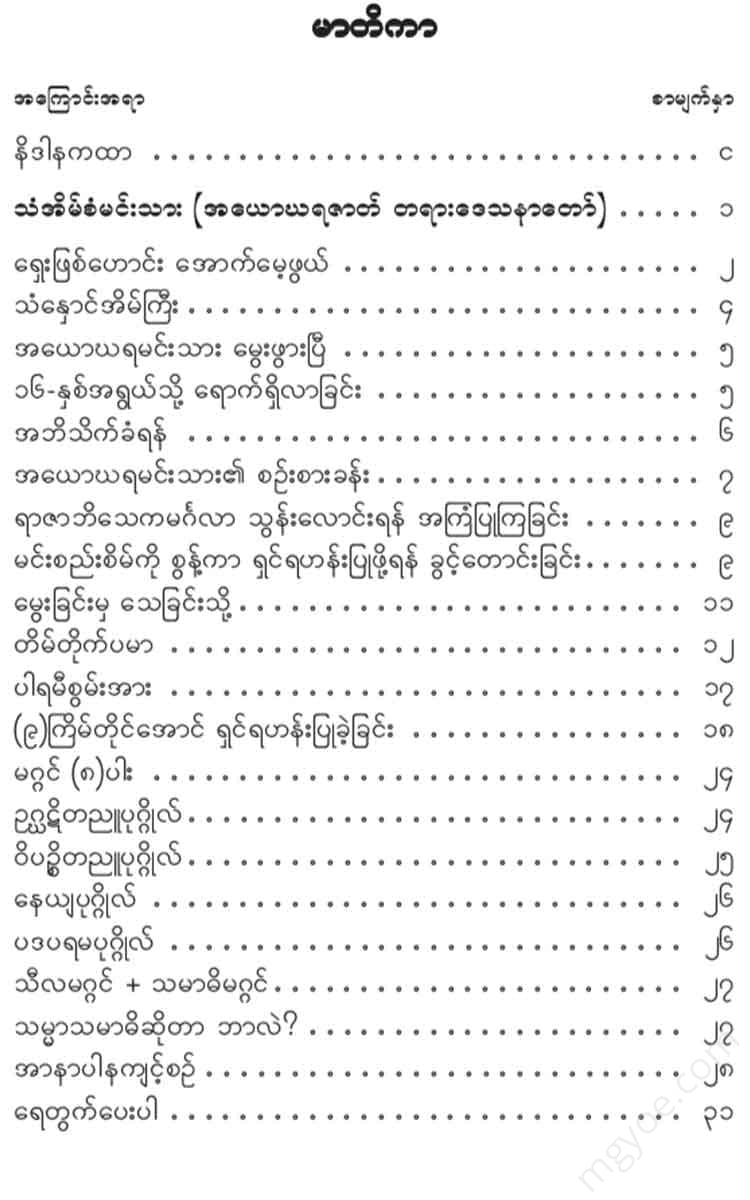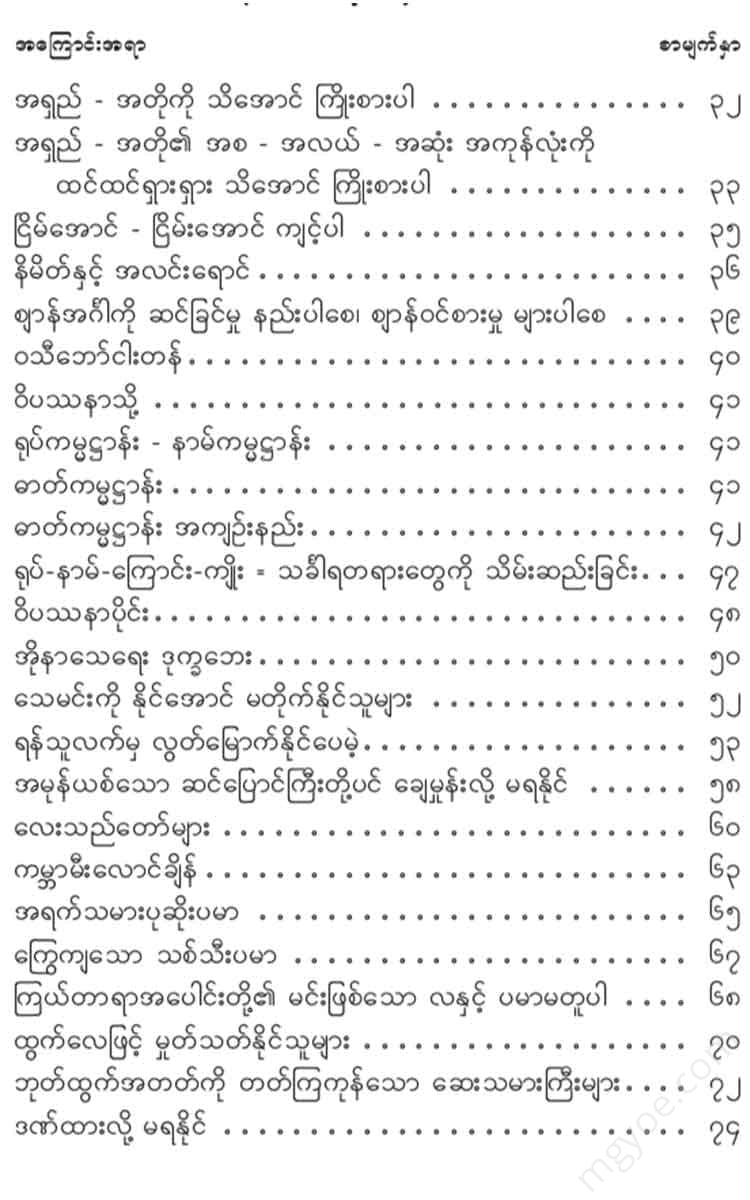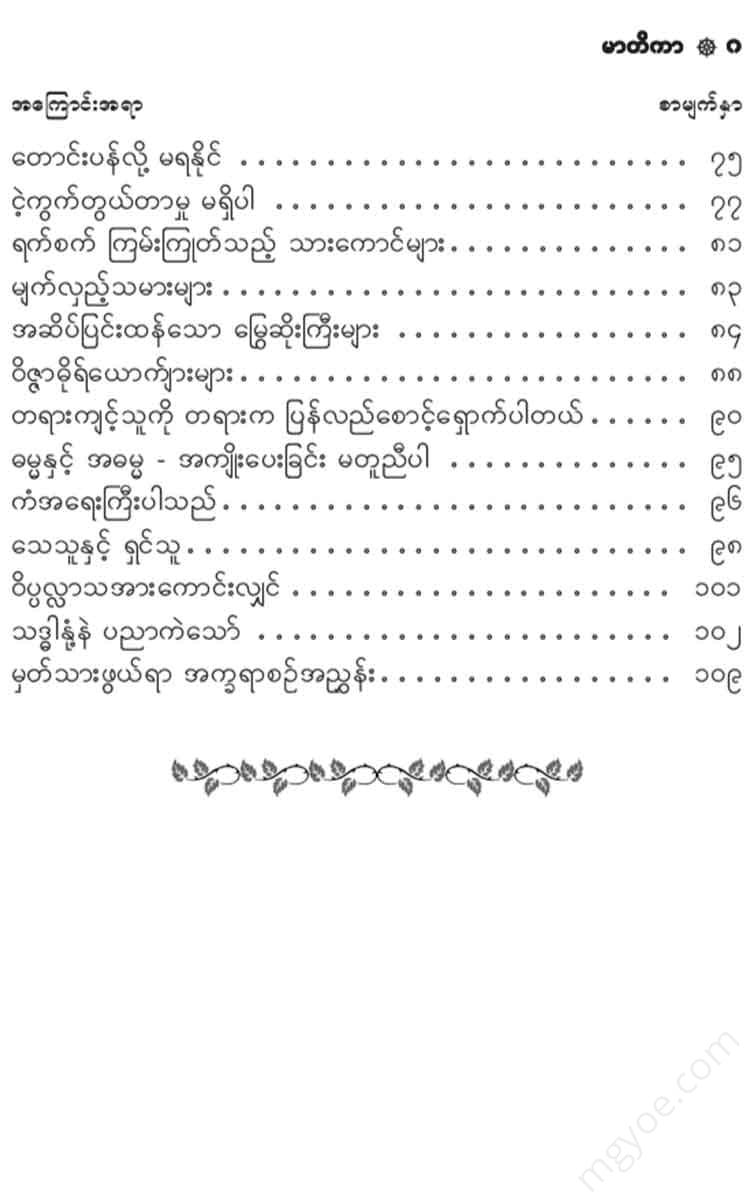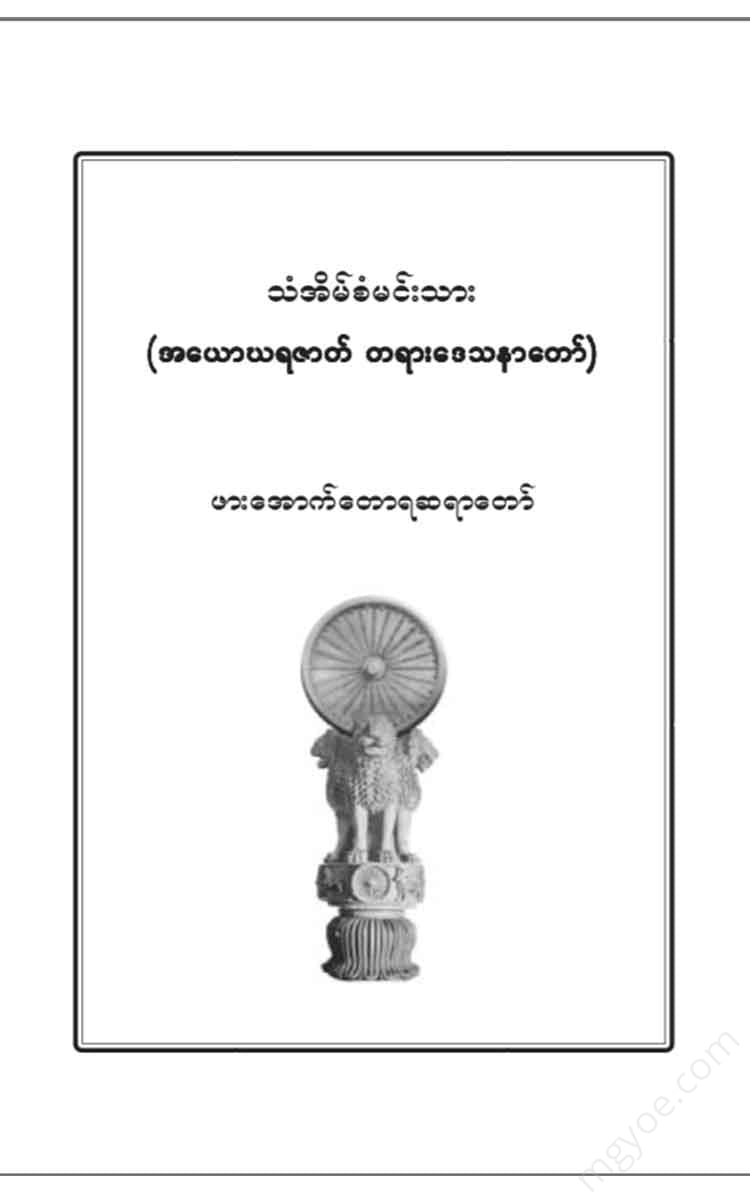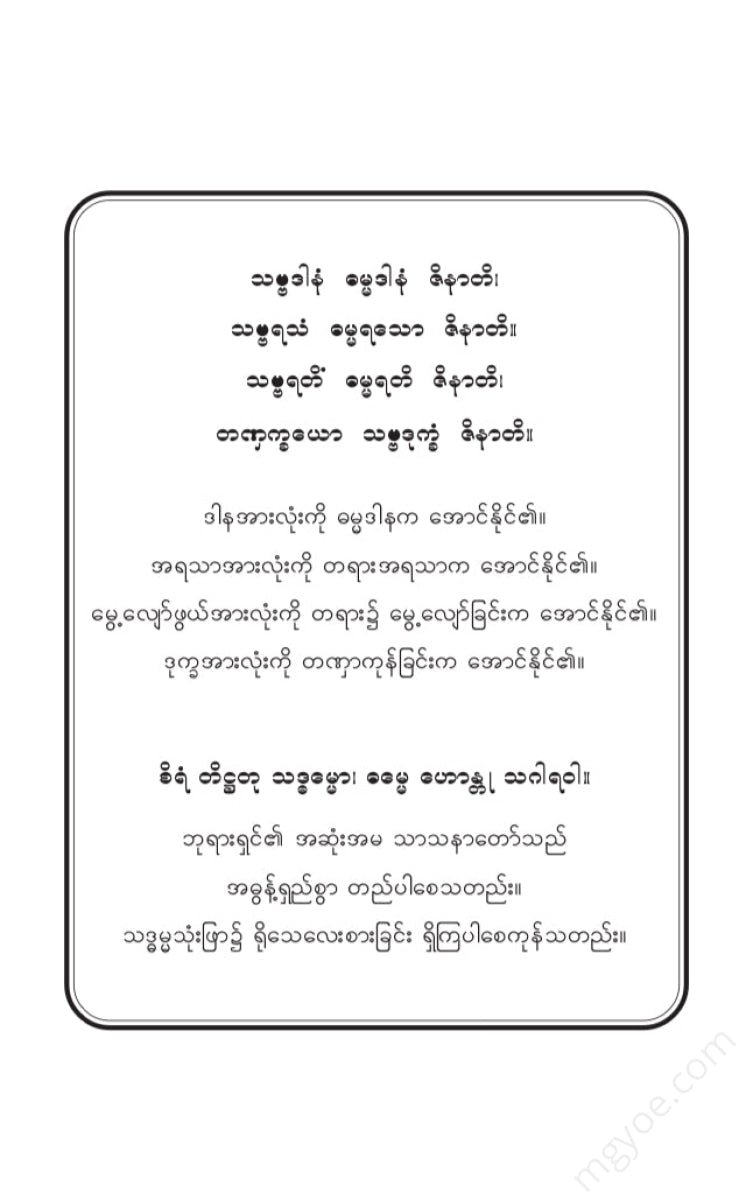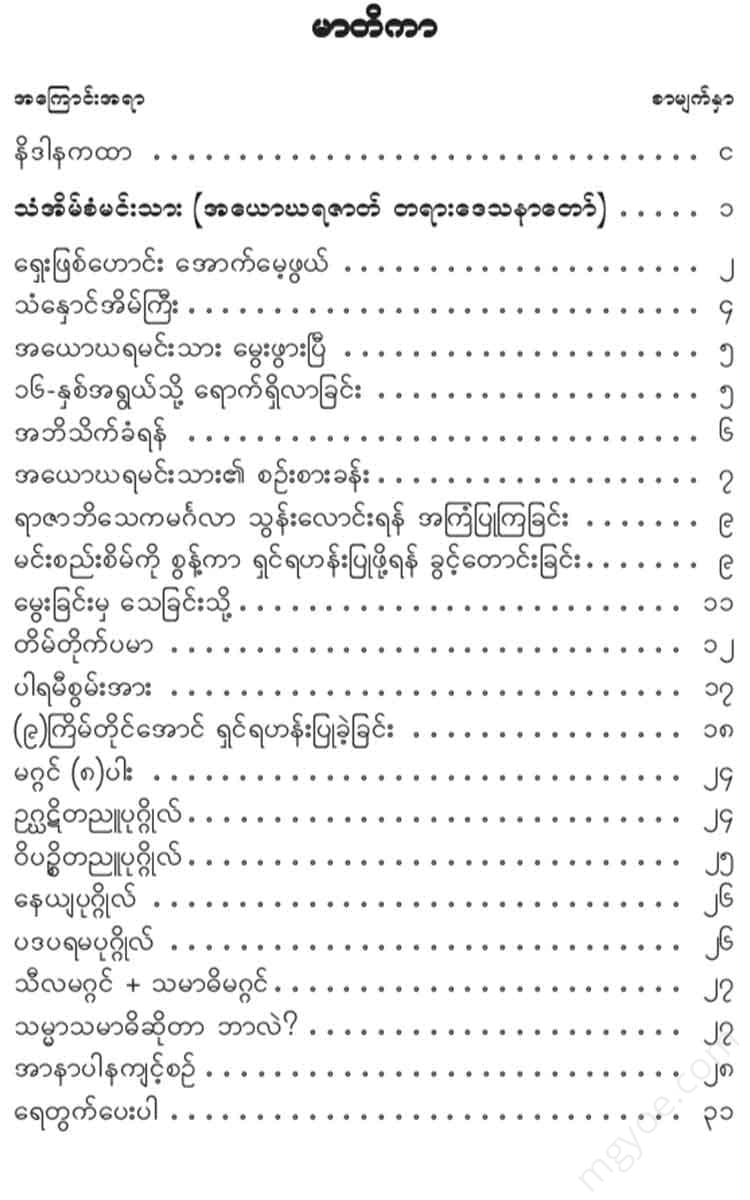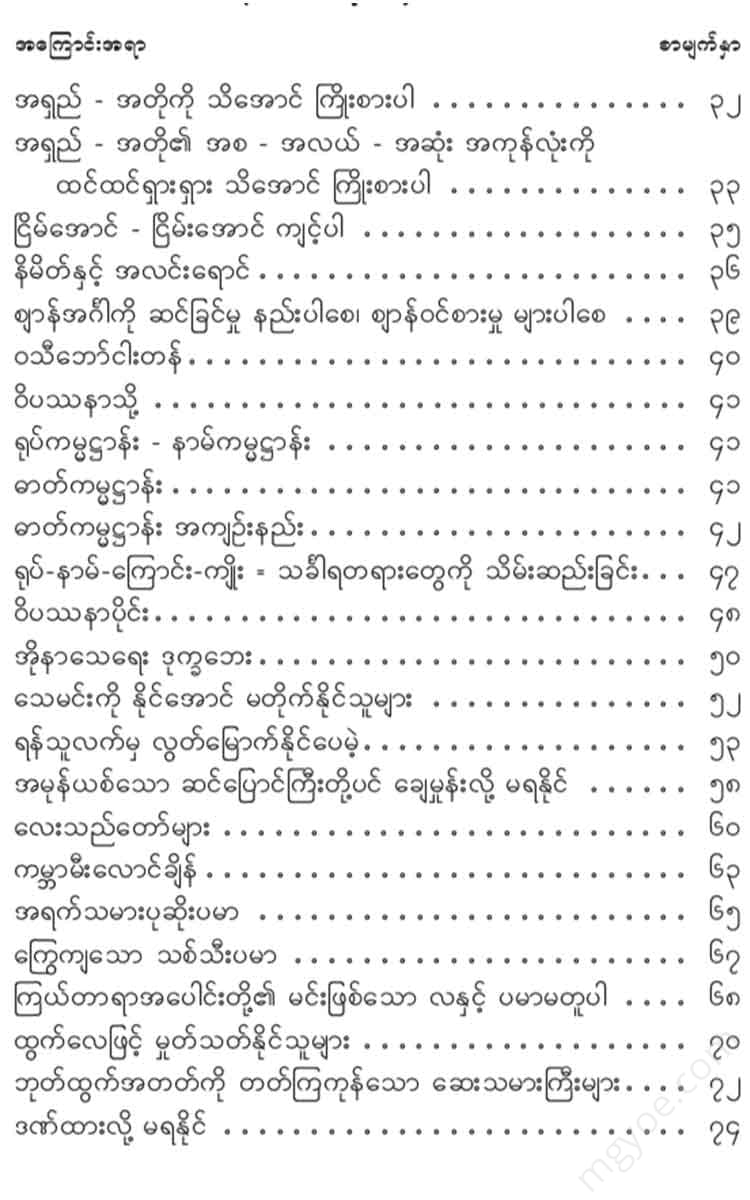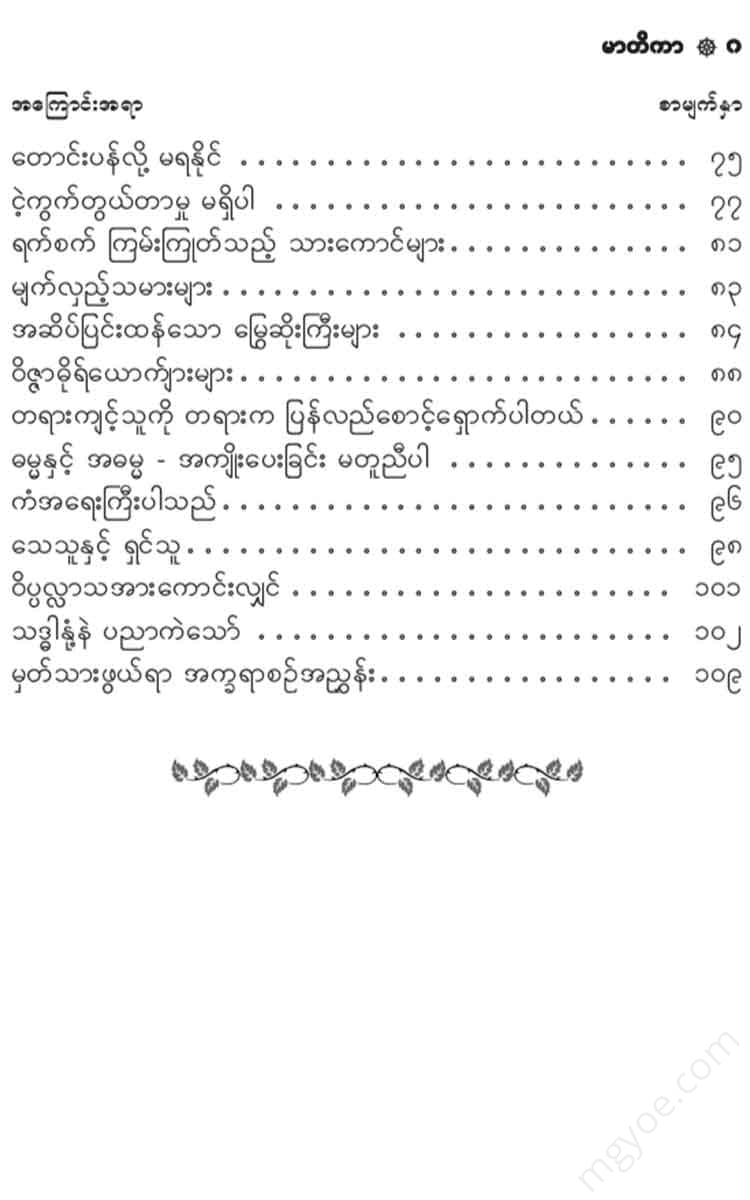Other Websites
The Buddha under the Throne - Prince of the House of the Sun
The Buddha under the Throne - Prince of the House of the Sun
Couldn't load pickup availability
Once upon a time, the Lord of the Six Noble Truths, accompanied by a large group of monks and nuns, was traveling through the Kosala region. He arrived at a Brahmin village called Issa-Nangala, which belonged to the princes of Kosala. The Lord and the entire Sangha were staying in the Issa-Nangala grove, which was located near the village of Issa-Nangala.
Then, the Brahmins and noblemen of the village of Issanangala, filled with awe at the famed virtues of the Blessed One, passed away that night and the next day, carrying a great many things, such as food and drink, approached the Issanangala grove, and stood outside the gate, making a loud noise.
At that time, the venerable Nagita was a monk serving the Buddha. Then the Buddha said to the venerable Nagita:
" Nagita...who are these people who make loud, piercing voices like fishermen when they catch fish ? " he asked.
"The Blessed One... These are the brahmins and noblemen of the village of Issa-Nangala. They have brought many valuables, food, and other things, and they are standing outside the gate, aiming at the Blessed One and the Sangha of monks," he said.
Then the Lord said this:
"Nagita... I, the Buddha, do not want to associate with the scoundrels and the scoundrels, and may the scoundrels and the scoundrels also not associate with me."
Nagata...
1. The liberation from this sensual pleasure is “Nekkhama-chan,
2. The cessation of nirvana (which arises from the first and second jhanas) is called "pavīvaika ' tārṇa" (An, Httā, 3, 62.)
3. Peace from the heat and fire of passions, “Upasamacharana” (An, V, 2, 104.)
4. The insight into the four branches of wisdom is the bliss of "enlightenment. " (An, V, 2, 104.)
He who cannot attain all these blissful states of happiness whenever he desires, without suffering or fatigue, should enjoy the bliss of impurity, the bliss of sleep , the bliss of offering and the bliss of the early Buddha.
"Nāgīta... the liberation from sensual pleasures, the bliss of the nekṣṭhāma, the freedom from nirvana (which arises from the first and second jhānas), the bliss of the samādhi, the peace from the heat of defilements, the bliss of the upāsma , the insight into the four wise faculties, the bliss of enlightenment - I, the Buddha, who have attained all these blissful states of bliss at will, without any sorrow or weariness, where else can I enjoy the bliss of impurity , the bliss of drowsiness , the bliss of offering and the bliss of the supreme bliss?" he said.
Then the Venerable Nagitama Thera spoke thus:
“The Blessed One... The Blessed One, the venerable one, is now patient. The Blessed One, the one who speaks well, is now patient. The Blessed One... Now is the time for the Blessed One to be patient. The Blessed One... Now, the Nigonas, the Nigonas, the village dwellers, the village brahmins, and the men and women will follow wherever the Blessed One goes, with their minds filled with devotion. The Blessed One... Just as when there is a heavy downpour, the water flows down to the low-lying places, so, the Blessed One, in the same way, the Nigonas, the Nigonas, the village dwellers, the village brahmins, and the men and women will follow wherever the Blessed One goes, with their minds filled with devotion. The reason for this is -
"The Buddha... the Buddha's virtue and wisdom are so great, Buddha," he said.
Then the Lord said this again:
Nagita... I, the Buddha, do not want to associate with the worldly , the spiritual
The bliss of liberation from sensual pleasures, the bliss of the "Nekkhama", the serenity of the "Pavivaka" , the peace of the "Upasama" , the insight into the four wise faculties, the bliss of enlightenment - where can I, the Buddha, who can attain all these blissful states whenever I desire, without any sorrow or fatigue, enjoy the bliss of impurity , the bliss of drowsiness , the bliss of offering and receiving gifts, and the bliss of the transcendental bliss?
Nagita ... In this Dhamma, I, the Blessed One, saw a monk sitting in a monastery near a village, with a fixed mind (with the twofold concentration of upasara and appana). Nagita ... The thought arose in that monk's mind, "Now, whether by a monk's guardian, a monk's ascetic , or some other companion, this monk will be moved from that concentration." Nagita Therefore, I, the Blessed One, did not like that monk living in a monastery near a village.
Nagita ... In this discourse, I, the Blessed One, saw a monk sitting in a forest, drowsy. Nagita, the thought arose in my mind, “Now this monk, having abandoned the fatigue caused by this drowsiness, will concentrate on the single nature of the forest.” Nagita, therefore, I, the Blessed One, was pleased with that monk’s forest dwelling.
Nagita ... In this Dhamma, I, the Blessed One, saw a monk in the forest, who was sitting in a forest retreat, having an unsteady mind (lacking the two-fold concentration of upasara and appana). Nagita ... The thought arose in that monk, "Now this monk will make the unsteady mind (by developing it to the two-fold concentration of upasara and appana) steady, and the mind that has been steady will always be guarded." Nagita ... Therefore, I, the Blessed One, was pleased with that monk's forest retreat.
Nagita ... In this Dhamma, I, the Buddha, saw a monk sitting in a forest retreat, having a steadfast mind (with twofold concentration of upasara and appana). Nagita ... The thought occurred to me, the Buddha, "Now this monk will liberate the mind that has not yet been liberated from the defilements, and he will always protect the mind that has been liberated from the defilements." Nagita ... Therefore, I, the Buddha, was pleased with that monk's forest retreat.
Nagita ... In this Dhamma, I, the Buddha, saw a monk living near a village, who was accustomed to receiving robes, alms-giving, and medical supplies for the sick. That monk, desiring this boon and fame, abandoned solitary life, abandoned remote forest and mountain monasteries far from the village, and entered the royal capital of the village and lived there. Nagita ... Therefore, I, the Buddha, did not like that monk living near a village.
Nagita... In this Dhamma, I, the Buddha, saw a monk living in a forest monastery who was accustomed to receiving robes, alms-giving, and medical supplies for the sick. That monk, having abandoned the offerings and the fame of the offerings, did not abandon solitary life, nor did he abandon remote forest monasteries and mountain monasteries far from the village. Nagita... Therefore, I, the Buddha, was pleased with that monk's life in the forest monastery.
"Nagita... When I, the Blessed One, am going on a long journey and do not see anyone either in front or behind, I would be happy to give up my life in the most insignificant way," he said.
(A, 2, 299-302.)
This is an excerpt from the Navita Sutta, which comes from the Anguttara Nikaya, Sakkanipada. From this sutta, we see that the Buddha was very fond of monks who lived in forests and mountains, who were accustomed to solitude. Similarly, in his life, he went to the forest and became a hermit-monk, and after many lives, he cultivated the seeds of the perfections of meditation and transcendental consciousness. In his last life, he went to the Uruvela forest and practiced the practice of suffering for six years. When he finally abandoned the practice of suffering and changed to the path of the middle path, he continued to live and strive in the Uruvela forest.
In the same way, after giving up many lives, he went to the forest, practicing all the virtues necessary to attain the supreme wisdom of omniscience. In his final life, when he was to become a Buddha, he also went to the forest and attained the supreme wisdom of omniscience. He preached this Ayoghara discourse with the desire that monks, imitating the lives he himself had gone through, should practice and strive to develop.
In this story, Prince Ayoghara Kumara - Prince of the Palace of the Sun God - wants to practice the good Dhamma before death comes, so he wants to become a hermit and go to the forest. These presentations are the same words of advice that today's listeners and readers should imitate and follow. Just as Prince Ayoghara was deeply moved, so the readers should also be deeply moved and practice the good Dhamma, so that they can reach Nibbana.
